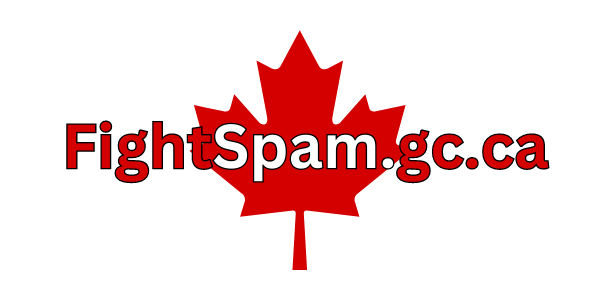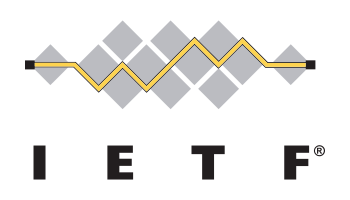The Coalition Against Unsolicited Commercial E-Mail (CAUCE) is disappointed by the enactment of a weak anti-spam law.
This legislation fails the most fundamental test of any anti-spam law, in that it neglects to actually tell any marketers not to spam. Instead, it gives each marketer in the United States one free shot at each consumer's e-mail inbox, and will force companies to continue to deploy costly and disruptive anti-spam technologies to block advertising messages from reaching their employees on company time and using company resources.
It also fails to learn from the experiences of the states and other countries that have tried "opt-out" legal frameworks, where marketers must be asked to stop, to no avail. In fact, the law will preempt an opt-in law set to go into effect in California on January 1, 2004, which was passed after an state opt-out law similar to the new federal law was found to be a failure.
In addition, the law's weak provisions are further crippled by limiting enforcement to overworked regulatory and law enforcement agencies, rather than giving consumers legal tools with which to protect their own inboxes.
CAUCE is also disappointed that both the House and Senate versions of this law were passed without any public hearings, instead being written and passed solely through back-room compromises and with the input of the marketing industry and Internet Service Provider lobbies, but with scant regard for the interests of America's consumers and business Internet users.
"This law does not stop a single spam from being sent. It only makes that spam slightly more truthful. It also gives a federal stamp of approval for every legitimate marketer in the U.S. to start using unsolicited e-mail as a marketing tool. Congress has listened to the marketers and not to consumers, and we have no faith that this law will significantly reduce the amount of spam that American Internet users recieve." — Scott Hazen Mueller, CAUCE Chairman

















